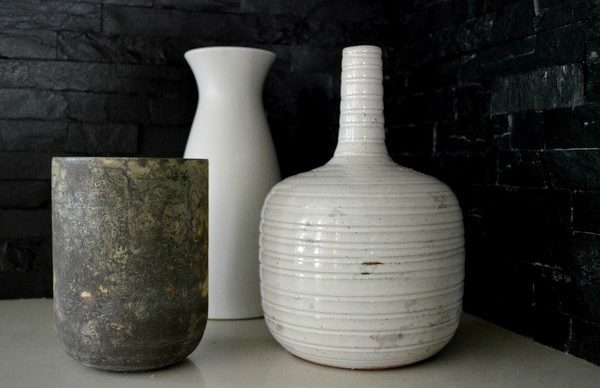I just received this great checklist from one of my favorite contractors, Bill at Premiere. I need to get on it! : )
“It’s time to prepare your home for cold weather. These steps, most of which you can do yourself, will lower your utility bills and protect your investment.
1. Tune up your heating system. Have a technician inspect your furnace or heat pump to be sure the system is clean and in good repair, and that it can achieve its manufacturer-rated efficiency.
2. Look closely at your roof. Scan it closely with binoculars if possible. Look for damaged, loose or missing shingles that may leak during winter’s storms or from melting snow. Check and repair breaks in the flashing seals around vent stacks and chimneys, too.
3. Caulk around windows and doors. If the gaps between siding and window or door frames are bigger than the width of a nickel, you need to reapply exterior caulk. (Check the joints in window and door frames, too.) Silicone caulk is best for exterior use because it won’t shrink and it’s impervious to the elements. Add weather-stripping as needed around doors, making sure you cannot see any daylight from inside your home.
4. Clean the gutters. If your gutters are full of detritus, water can back up against the house and damage roofing, siding and wood trim. Also look for missing or damaged gutters and fascia boards and repair them if necessary.
5. Divert water. Add extensions to downspouts so that water runs at least 3 to 4 feet away from the foundation.
6. Turn off exterior faucets. Undrained water in pipes can freeze, which will cause pipes to burst as the ice expands. Start by disconnecting all garden hoses and draining the water that remains in faucets then turn off the shut-off valve inside your home.
7. Drain your lawn-irrigation system. But call in a professional to do the job. Draining sprinkler-system pipes, as with spigots, will help avoid freezing and leaks.
8. Test your sump pump. Slowly pour several gallons of water into the sump pit to see whether the pump turns on. You should do this every few months, but especially after a long dry season or before a rainy one. Most sump pumps last about ten years.
9. Call a chimney sweep. Make sure your fireplace (or any heating appliance burning gas, oil, wood or coal), chimney and vents are clean and in good repair. That will prevent chimney fires and prevent carbon monoxide from creeping into your home.”
~S




